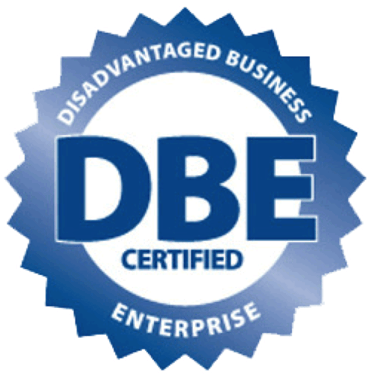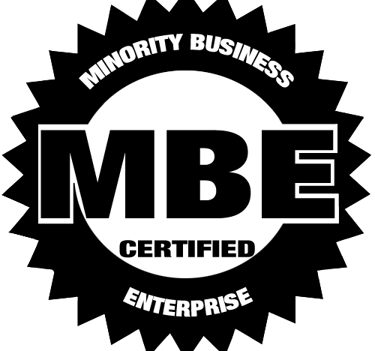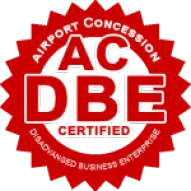As 2025 winds down, Illinois employers are preparing for performance reviews, compensation adjustments, and paid leave reconciliation before year-end. But these familiar tasks come with new compliance risks heading into 2026 — from the state’s expanding leave rules to the upcoming pay transparency requirements. A few careful steps now can prevent major HR headaches in the new year.
1. Year-End Reviews: Avoiding the Legal Traps
Employee evaluations are essential for performance management — but when handled inconsistently, they can expose employers to discrimination or retaliation claims. Under the Illinois Human Rights Act (IHRA), all employment actions, including evaluations, must be free from bias or disparate treatment.
Common pitfalls include vague feedback (“needs improvement”) without supporting examples, inconsistent scoring across departments, and a lack of documentation. Employers should emphasize objective, measurable goals and ensure supervisors are trained to apply the same standards across all employees.
Regular documentation throughout the year — not just at review time — is the best defense if an employee later challenges a performance-based termination or raise decision.
2. Raises, Bonuses, and the 2026 Pay Transparency Era
Illinois employers should begin preparing now for the Pay Transparency Law that takes effect January 1, 2026.[¹] This law requires most job postings to include the pay scale and benefits information. It also prohibits employers from retaliating against employees who discuss compensation.
While the requirement applies to job postings, it also signals increased scrutiny of pay equity overall. Employers should use this year’s review cycle to:
Conduct internal pay audits to identify unexplained pay gaps.
Document the business rationale behind raises and bonuses.
Review bonus structures to ensure they comply with exempt vs. nonexempt classifications under the Illinois Minimum Wage Law and the Fair Labor Standards Act.
Transparent, consistent pay practices reduce the risk of wage discrimination claims and strengthen employee trust.
3. PTO and the Illinois Paid Leave for All Workers Act
Fully in effect since January 1, 2024, the Illinois Paid Leave for All Workers Act (PLAWA) requires nearly all employers to provide employees with up to 40 hours of paid leave per year for any reason.[²]
Employers must:
Accrue paid leave at a rate of one hour for every 40 hours worked.
Allow employees to use leave after 90 days of employment.
Maintain accurate leave records for at least three years.
Unused paid leave is not required to be paid out upon separation unless the employer’s policy or local ordinance (such as the Cook County Earned Sick Leave Ordinance) requires it. However, traditional vacation or PTO policies do require payout under the Illinois Wage Payment and Collection Act.[³]
Now is the time to audit leave policies to ensure compliance with both state and local rules — and to clearly communicate distinctions between “paid leave” and “vacation time” to employees.
4. Remote and Hybrid Workforces
Hybrid work adds a new layer of complexity to performance management. Supervisors may unconsciously favor employees they see in person — a phenomenon known as proximity bias.
To avoid this:
Ensure remote employees have equal access to meetings, mentorship, and project visibility.
Evaluate employees based on results and deliverables, not presence.
Include remote workers in recognition and merit processes.
These practices not only reduce potential bias but also strengthen engagement and retention.
5. Documentation and Policy Updates Before 2026
Before year-end, review your HR documentation and policies with compliance in mind:
Ensure all employees sign and date their performance reviews and compensation notices.
Update your employee handbook for 2026 minimum wage adjustments (the state rate will increase to $15 per hour on January 1, 2026, with a higher rate in Chicago and Cook County).[⁴]
Verify that your Employment Practices Liability Insurance (EPLI) includes coverage for discrimination, retaliation, and wage-related claims — all of which tend to rise after review and bonus season.
Final Thoughts
The start of a new year brings new compliance challenges — especially in Illinois, where labor and employment regulations evolve quickly. By standardizing evaluations, auditing pay decisions, and confirming leave compliance now, employers can begin 2026 with confidence and fewer legal risks.
Contact us today to schedule your HR policy and EPLI coverage review.
Footnotes
[¹] Illinois Department of Labor, Pay Transparency Law, Public Act 103-0539 (effective Jan. 1, 2026).
[²] Illinois Department of Labor, Paid Leave for All Workers Act, Public Act 102-1143 (effective Jan. 1, 2024).
[³] Illinois Wage Payment and Collection Act, 820 ILCS 115/5 – Final compensation and vacation payout rules.
[⁴] Illinois Department of Labor, Minimum Wage and Overtime – 2026 Scheduled Increase, www2.illinois.gov/idol.
Avoiding HR Headaches: How to Handle Year-End Reviews, Raises, and PTO Payouts Legally in Illinois


November is when many Illinois employers finalize performance reviews, decide raises, and handle unused PTO. It’s also when small HR mistakes can lead to discrimination claims, wage-and-hour violations, or noncompliance with new state laws.
Transforming small business consulting with dynamic energy.
Service
Trust
(312) 220-9200
© 2025. All rights reserved.


141 W. Jackson Blvd. | Suite 1502 | Chicago, IL | 60604






